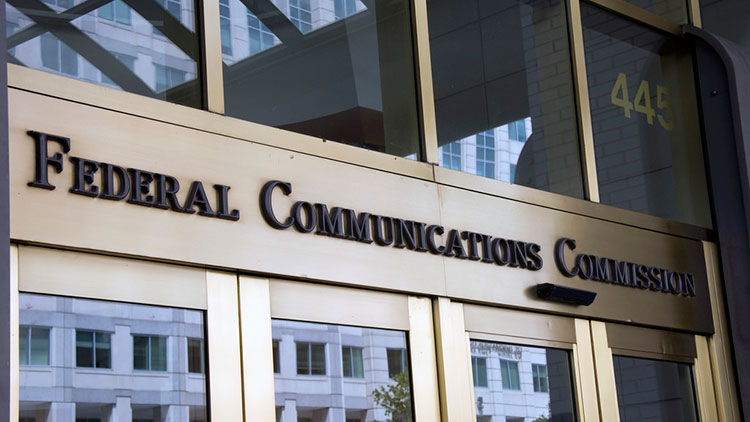Democrats Seek to Eliminate UHF Discount

The smarter way to stay on top of broadcasting and cable industry. Sign up below
You are now subscribed
Your newsletter sign-up was successful
Democratic Reps. David Price (N.C.) and Jared Huffman (Calif.) have collected more than a half dozen co-sponsors for a bill that would eliminate the FCC's UHF discount, which would in turn make it tougher for Sinclair Broadcasting and Tribune Media to merge.
Co-sponsors of the Local and Independent Television Protection Act include by Reps. Anna Eshoo (D-Calif.), Raúl Grijalva (D-Ariz.), Ro Khanna (D-Calif.), Jerry McNerney (D-Calif.), Jamie Raskin (D-M.D.), Jan Schakowsky (D-Ill.) and Jackie Speier (D-Calif.).
The bill "requires the FCC to act within 90 days to permanently end the UHF discount; and grandfathers any stations owned prior to Sept. 26, 2013," as the FCC had when it eliminated the discount under previous chairman Tom Wheeler, who has weighed in from his post-FCC perch to say the FCC was bending the rules to benefit Sinclair.
New chairman Ajit Pai, joined by Republican Michael O'Rielly, voted to reinstate the discount. Pai said it was so the FCC could consider both the discount and the 39% national ownership cap, though O'Rielly is not convinced the FCC has the authority to change the cap, which was established by Congress.
Related: Coalition Formed to fight Sinclair-Tribune
The discount dates from the analog days when UHF stations were weaker than VHF—the reverse is true in digital—and means that the FCC only counts half of a UHF station's audience reach towards the national ownership cap.
"Our democracy depends on a diverse media that can address local needs and serve the public interest,” said Rep. Price when the bill was introduced. “The FCC’s decision to reinstate the technically obsolete UHF discount is a thinly veiled attempt to fast track mega mergers at the expense of Americans who want reliable and trustworthy news from their local broadcasters. The issue of continued corporate media consolidation isn’t a problem for just Democrats or just Republicans—it’s a problem for anyone who wishes to receive news and other programming from a local broadcaster that isn’t captive to a political or corporate agenda.”
Sinclair has proposed to buy Tribune's 42 TV stations, which would give Sinclair over 200 TV stations reaching well over 70% of the country, though with the UHF discount in place that is reduced to a manageable 45% or so, which it can address through spin-offs or waivers if the FCC grants them.
Related: ACA: FCC Should Reject Broadcaster-Backed Retrans Changes
Sinclair has said it will do whatever is necessary to comply with the FCC rules.
Price left no doubt that Sinclair/Tribune was one of the bill's prime targets, saying it was intended to "protect local television markets across the country from corporate consolidation by permanently ending the so-called 'UHF discount,'" which he called an "obsolete FCC loophole that the Trump Administration wants to revive to benefit right-wing media conglomerates."
Bills are not allowed to target a single company or deal. "If the UHF discount is allowed to go into effect, a series of pending corporate mergers, including one with the Sinclair Broadcast Group and Tribune Media, would dramatically reduce competition among local TV stations across the country," Price said.
Various anti-consolidation groups, Dish network, and even some conservative news outlets have lined up to oppose the Sinclair/Tribune deal.
The bill's prospects, beyond firing a shot across the bow at the Sinclair deal, are problematic given the control of Congress by Republicans generally in favor of media ownership deregulation.
The smarter way to stay on top of broadcasting and cable industry. Sign up below
Contributing editor John Eggerton has been an editor and/or writer on media regulation, legislation and policy for over four decades, including covering the FCC, FTC, Congress, the major media trade associations, and the federal courts. In addition to Multichannel News and Broadcasting + Cable, his work has appeared in Radio World, TV Technology, TV Fax, This Week in Consumer Electronics, Variety and the Encyclopedia Britannica.

